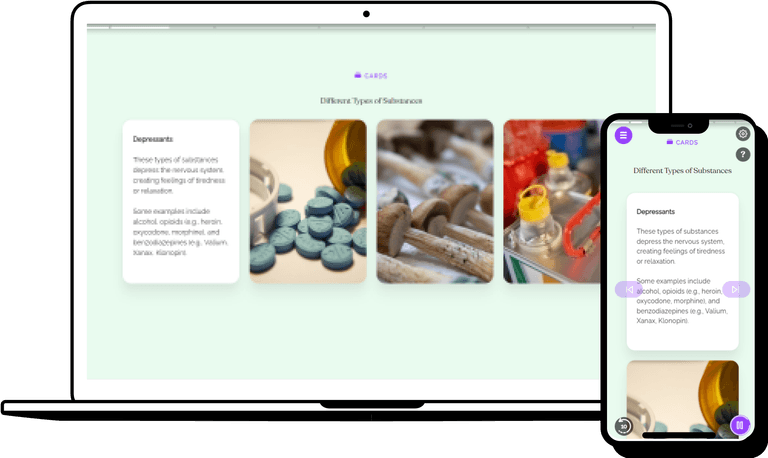What is cultural competency?
Cultural competency is an important concept to understand, particularly when working in a diverse environment. Learn about the components of cultural competency, the importance of understanding cultural differences, and how to develop cultural competency.

The Importance of Cultural Diversity
Culture is a powerful influence on how we live our lives and how we interact with each other in our communities. It is an ever-changing, complex set of values, beliefs, and norms that are shared among a group of people, and it is the foundation of our identities. It can influence the way we communicate and interact with others, how we think and feel, and how we make decisions. Cultural norms can also dictate what is acceptable behavior and what is not.

There are a few key terms to understand when we are talking about cultural competency. We can think of these terms as building blocks upon which cultural competency is built.
Cultural sensitivity involves being open to learning about other cultures and engaging in meaningful conversations about their values, beliefs, and customs. It also involves being aware of how one’s own cultural beliefs can impact how they view and interact with people from a different culture.
Cultural awareness involves the ability to recognize and appreciate the diversity of different cultures. It includes understanding how cultural differences can impact communication styles, attitudes, values, and behaviors. It also involves recognizing one’s own cultural biases and beliefs that may impact how they view and interact with people from a different culture.
Knowledge of the history, language, customs, and traditions of a specific culture. This can include information about the different social and economic structures, family units, education systems and religious practices. It also involves understanding the different forms of communication, such as verbal, non-verbal, and body language.

Exploring the Diversity of Cultures
By looking into various cultural practices and customs, we can gain a better understanding of the unique ways in which different societies live, think, and interact with one another. This exploration can also illuminate the many similarities that exist between cultures, as well as any differences that may exist between them.
Ways to expand your cultural competency
Expanding your cultural competency can help you better understand, communicate with, and build relationships with people of different cultures. There are many ways to expand your cultural competency, and by doing so you can better appreciate and embrace the diversity of our global society.
Here are some myths to look out for:
- -
Explore new foods
- -
Explore art and cultural centers
- -
Learn about your own cultural identity and how it impacts others

Combat Discrimination in the workplace with cultural competency training
Cultural competency training is one effective way to reduce discrimination and foster a more inclusive environment. Through this training, employees are exposed to cultural perspectives, communication styles, and other cultural norms, and can become more aware of their own biases. With this increased understanding, employees can begin to build bridges between cultures, reducing discrimination and creating a respectful workplace.

Helping over 8,000 organizations create a safer, more productive workplace
The online training course from EasyLlama gives learners a fresh perspective on how they view and treat others and can encourage them to embrace and appreciate the diversity of their workplace. The course covers:





















